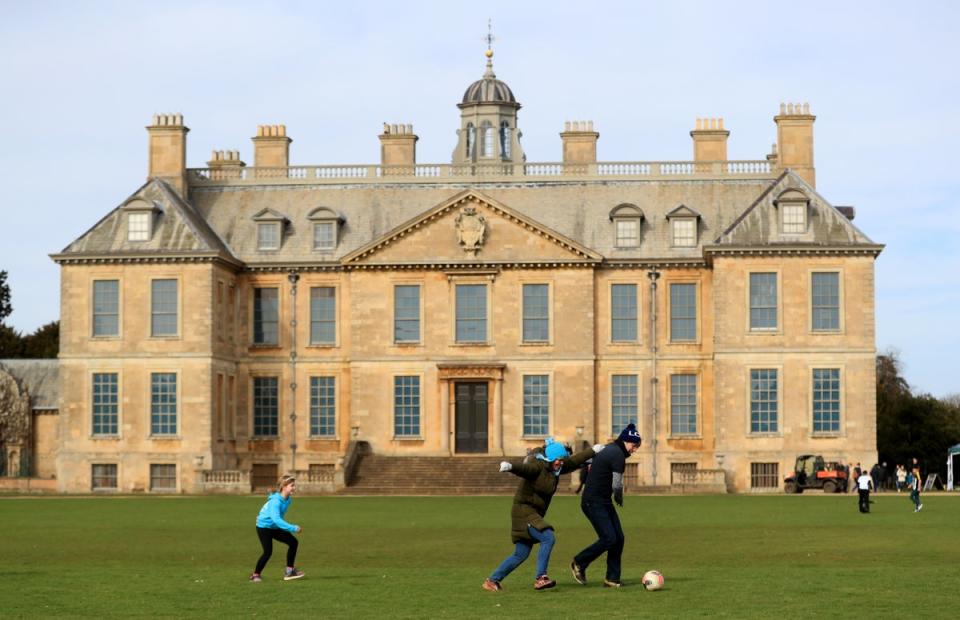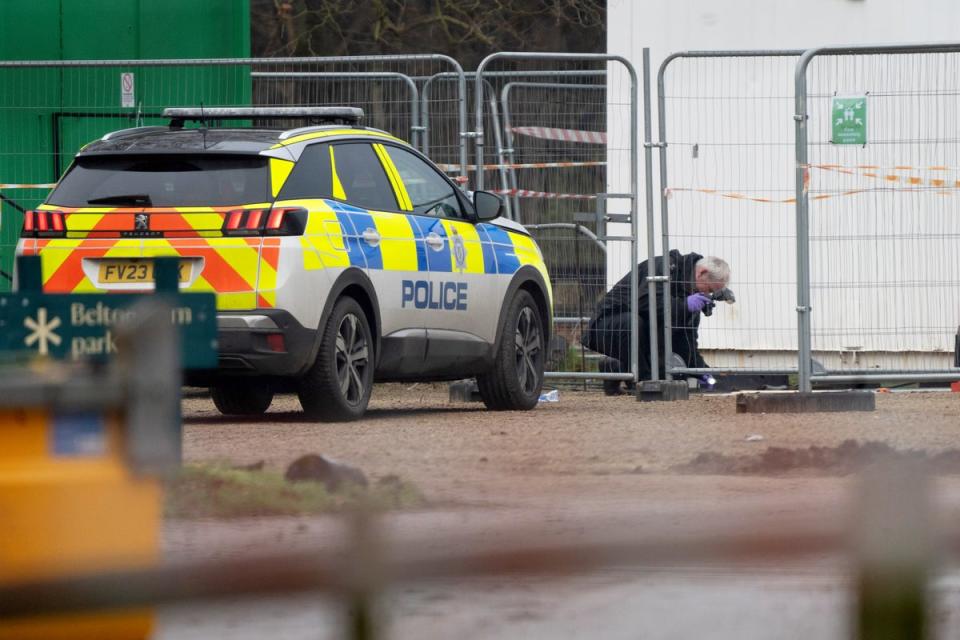Man dies after assault at National Trust country estate featured on Bridgerton
A man has been arrested on suspicion of murder (Tom Maddick / SWNS) A man has died after being assaulted on the grounds of a National Trust estate where Bridgerton was filmed, with police arresting a 29-year-old on suspicion of murder. Police were called to reports that a 28-year-old man was assaulted during an altercation on the Belton House country estate, near Grantham, on Thursday.
The victim, who police said was known to the suspect, returned home before later dying of his injuries. The incident is said to have happened in an area of the estate not open to the public. No National Trust[1] members of staff, volunteers or visitors were involved.
Lincolnshire Police said in a statement it was keeping an open mind as to the circumstances of the incident and that investigators were following a number of lines of enquiry. "Officers are carrying out enquiries at a number of locations in Lincolnshire and Nottinghamshire, including Belton House," the statement said. "Part of our investigation is around establishing the exact cause of death, which will be done following a formal Home Office post mortem examination at some point next week.
There will be no further updates until that aspect of our investigation is concluded."


Belton House is a Grade I listed country house built between 1685 and 1687 by Sir John Brownlow, 3rd Baronet.
The National Trust says the house and gardens showcase "cutting edge design and innovation, from 17th century sash windows to a cast iron-framed orangery in the Italian Garden, made possible thanks to the Industrial Revolution".
It has sometimes been described as the "perfect" English country house estate and has been used as the filming site for Bridgerton, the Netflix drama that follows the lives of the powerful Bridgerton family siblings attempting to find love in Regency-era England.
References
- ^ National Trust (www.independent.co.uk)
